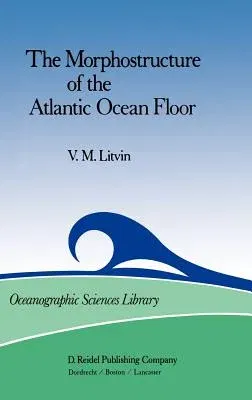V M Litvin
(Author)The Morphostructure of the Atlantic Ocean Floor: Its Development in the Meso-Cenozoic (1984)Hardcover - 1984, 29 February 1984

Qty
1
Turbo
Ships in 2 - 3 days
In Stock
Free Delivery
Cash on Delivery
15 Days
Free Returns
Secure Checkout

Part of Series
International Astronomical Union Transactions
Part of Series
Oceanographic Sciences Library
Part of Series
International Astronomical Union Transactions (Closed)
Print Length
172 pages
Language
English
Publisher
Springer
Date Published
29 Feb 1984
ISBN-10
9027715092
ISBN-13
9789027715098
Description
Product Details
Author:
Book Edition:
1984
Book Format:
Hardcover
Country of Origin:
US
Date Published:
29 February 1984
Dimensions:
23.39 x
15.6 x
1.27 cm
ISBN-10:
9027715092
ISBN-13:
9789027715098
Language:
English
Location:
Dordrecht
Pages:
172
Publisher:
Series:
Weight:
439.98 gm